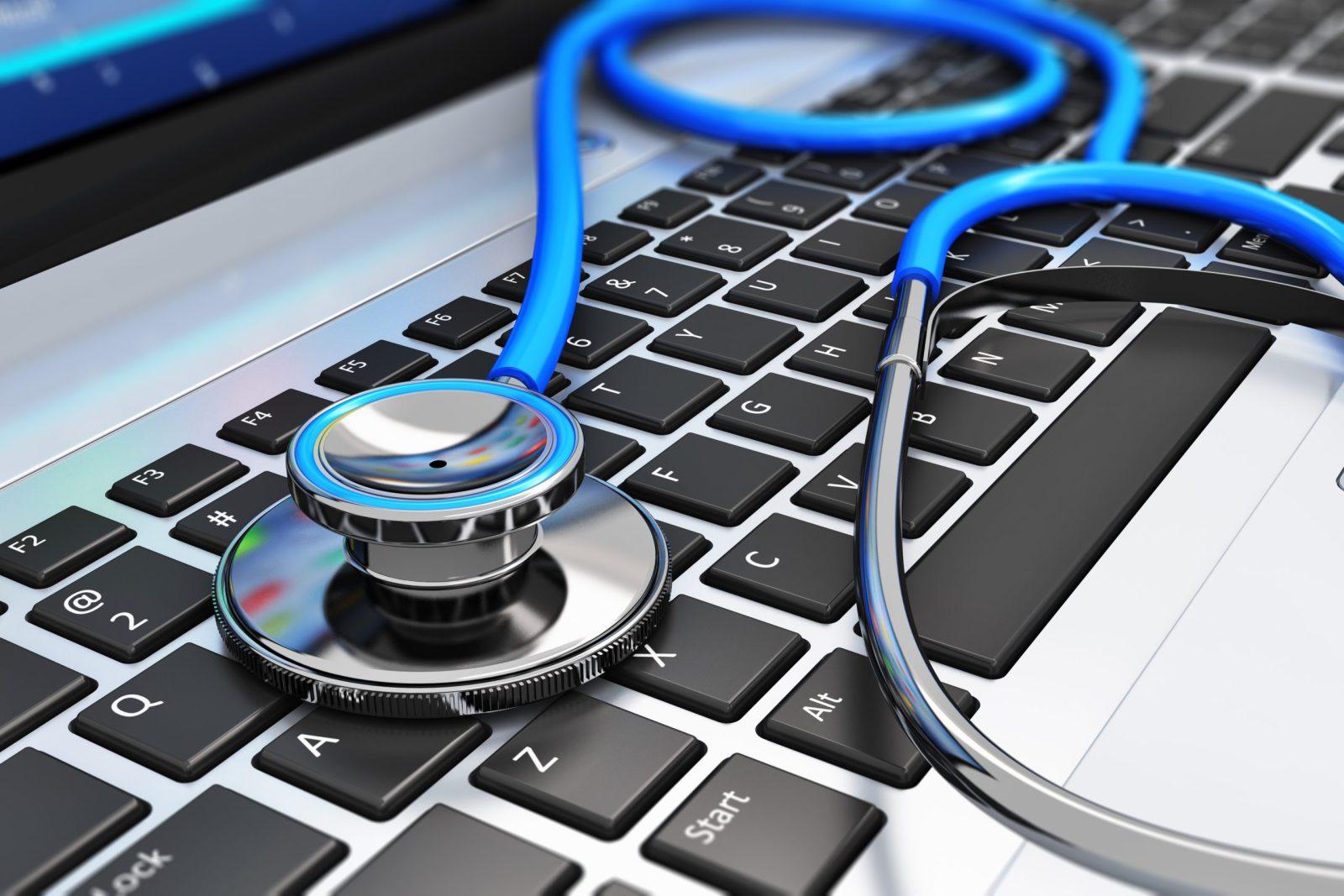In today’s complex and rapidly evolving healthcare environment, the safety and security of both patients and staff are of the utmost importance. Healthcare professionals must be equipped not only with the latest medical knowledge but also with the skills to handle a wide range of challenges, from IT security threats to emergency situations like active shooter incidents. The “IT Security, Medical Standards, Active Shooter Preparedness, and Vendor Management Training” course is designed to provide comprehensive training that covers these critical areas.
What You Will Learn:
- Core principles of IT security
- Key regulatory requirements for medical standards
- Warning signs that may indicate a potential for violence
Details:
Course length: 1 hour and 45 minutes; CME: 1.75
Languages: American English
Key features: Audio narration, learning activity, and post-assessment.
Get Certified
American Medical Compliance (AMC) is a leader in the industry for compliance, Billing, and HR solutions. To become certified, please visit us at: American Medical Compliance (AMC).
Reach out for other courses by visiting the AMC Course Library.
The HIPAA Privacy Rule
The HIPAA Privacy Rule is a cornerstone of healthcare compliance. This rule establishes national standards for the handling, use, and disclosure of PHI by covered entities. Under the Privacy Rule, patients are granted significant rights over their health information. For healthcare professionals, understanding and adhering to the HIPAA Privacy Rule is essential to maintaining patient trust.
Understanding Medical Standards
Medical standards play a crucial role in defining both the processes and outcomes of care. These standards provide a framework that ensures consistency, safety, and quality across the healthcare industry.
The Growing Importance of IT Security in Healthcare
Over the past decade, cybersecurity attacks have surged within the healthcare sector, as health data has become a prime target due to its valuable and permanent nature. With this sensitive information at risk, healthcare organizations must prioritize robust cybersecurity measures. Institutions that previously operated with limited cybersecurity funding are now faced with the urgent need to strengthen their defenses to combat these increasing threats.
Strengthening Cybersecurity in Healthcare
The healthcare sector has become a prime target for cybersecurity attacks, with incidents steadily increasing over the past decade. The value of health data, due to its sensitive and permanent nature, makes it an attractive target for cybercriminals. As a result, healthcare institutions are under growing pressure to bolster their cybersecurity efforts, particularly those that have previously had limited funding for such initiatives.
Fostering a Culture of Shared Ownership in Security
Creating a culture of shared ownership for healthcare security and preparedness in a healthcare organization requires the active engagement and empowerment of all stakeholders. When everyone within the organization understands their role in maintaining security, the overall effectiveness of cybersecurity measures is significantly enhanced. To promote a culture of shared responsibility, provide regular, comprehensive training on cybersecurity best practices tailored to different roles within the organization, ensuring that everyone from front-line staff to leadership understands their specific responsibilities.



